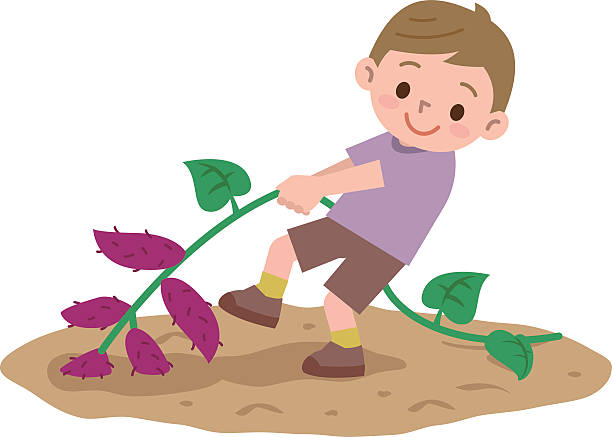
By reading the Wurdinger, D. D., & Carlson, J. A. ‘s article, the experiential learning is an engaged learning process students “learn by doing” and by reflecting on the experience. The authors provide in-depth descriptions of these overlapping approaches for experiential learning: Active learning, problem-based learning, project-based learning, service learning, and place-based education (Wurdinger, D. D., & Carlson, J. A. 2010). While traditional learning is external to students, but experiential learning like studying in life, it is internal, and is the result of personal participation in physical, emotional, and knowledge. Because of the participation, the learning efficiency, knowledge understanding, and knowledge memory have been improved.
In the following video, it introduced the learning circle of experiential learning, and introduced 4 processes of expression in the learning circle. Also this video summarized 8 important points about experiential learning to help learner better understand the experiential learning method.
When I learned the experimental learning, I think experimental learning also reflected in my study group projects. Our group project is covering Chinese cultural traditional festivals. Our group used active learning from the five approaches of the experiential learning. We allow students to work in small groups, then let them collect information in their own way to understand Chinese festivals through group discussions and then create a group study report to show others their understanding of Chinese festivals. The reason of our group uses an experiential learning approach to learners about Chinese festivals is because our group think it is the best way to teach people about Chinese culture and increase student engagement. Learners can learn about Chinese festivals not only easily, but also at their own pace since they collect their own information on the topic. Furthermore, experimental learning also gives learners a positive insight into Chinese culture and Chinese festival because they are in control of what they learn. In our final project, we will also use the experimental learning to let them do more practice and discuss the Chinese festival, help them better understand Chinese culture.
References
Wurdinger, D. D., & Carlson, J. A. (2010). Teaching for experiential learning: Five approaches that work. Lanham, MD: Rowman & Littlefield Education.
— 8 Things To Know About the Experiential Learning Cycle (FULL)
https://www.youtube.com/watch?v=v74nRbWSNqk